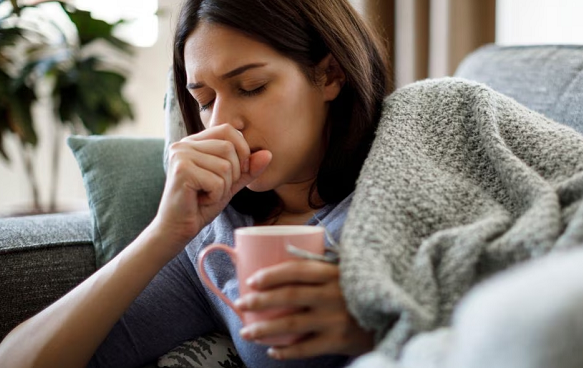The capital Delhi is in the grip of two types of diseases these days. Firstly – Eye flu infection and secondly increasing number of cases of dengue by taking it at a slow pace. Health experts say that for both these diseases, the heavy rains in the past and the problem of water logging due to this can be a reason. Health experts say all people need to keep taking measures to prevent these diseases.

Doctors say Delhi hospitals are seeing an increase in the number of dengue patients as compared to last month. However, this time the serious matter is that the dangerous strain of dengue DENV-2 has been detected during investigation in many people.
Researchers say that this strain of dengue can be harmful to our health in many ways, due to which the risk of hemorrhagic fever can be high. Let us understand about this in detail.
A dangerous strain of dengue detected in Delhi
Chief Minister Kejriwal held a meeting on Friday regarding the problem of dengue in the capital Delhi and took stock of the situation in the state. The Delhi government said DENV-2 was detected in 19 out of 20 dengue samples sent for genome sequencing. This can be a serious disease factor, about which all people need to be alert.

Significantly, there are four serotypes of dengue virus, DENV-2, DENV-3, and DENV-4. DENV-2 is considered serious in this. According to health experts, the death rate from this is not high, but it can often be fatal if it occurs a second time.
Know about DENV-2 Dengue
DENV-2 is considered the most severe of the different types of dengue. Apart from fever, it can cause two or more symptoms of common dengue infection. Talking about the symptoms of DENV-2, the doctor explains, this type of dengue patient may commonly have a high fever, vomiting, and joint pain, and if proper care is not taken, it can lead to serious complications. The risk is also very high.
Risk of developing serious disease
Doctors point out that many people do not experience any signs or symptoms of dengue infection. Type 2 dengue can cause high fever (104 F) in some people as well as headache, nausea, vomiting, pain behind the eyes, swollen glands, rash as well as muscle, bone, or joint pain.
In severe cases of dengue, there may be problems with stool or vomiting with blood. People with weakened immune systems are at a higher risk of developing severe dengue disease.

Avoid mosquito bites
Due to the floods in some areas, there has been a rise in dengue and malaria cases, doctors say. The risk of it increasing in the coming months may be high. All people should continue to follow the methods of preventing mosquito bites. Along with dengue, the number of malaria patients is also increasing these days. Many mosquito-borne diseases can be prevented by following methods to avoid mosquito bites.
(PC: Freepik)










